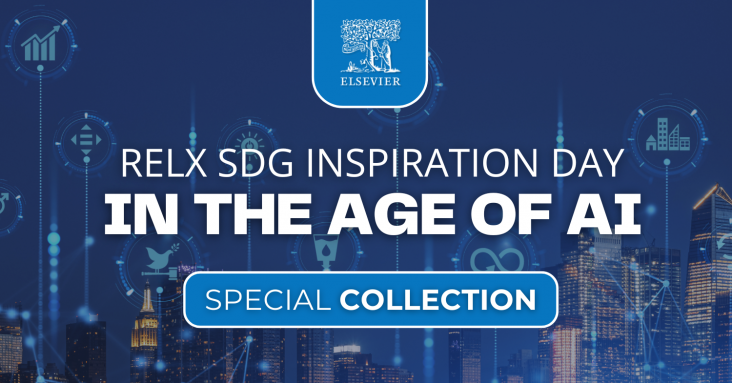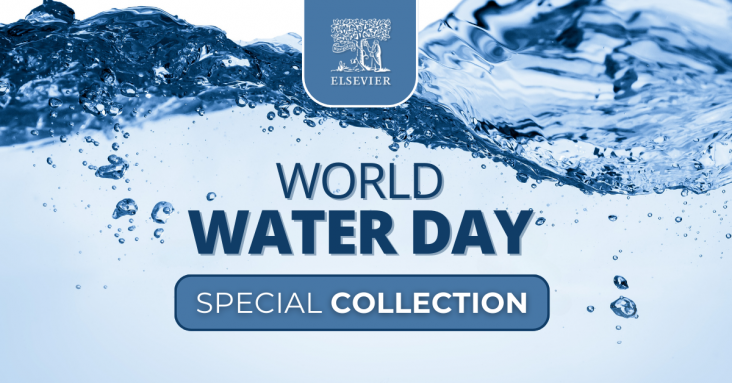Ensure availability and sustainable management of water and sanitation for all


Every year, World Water Day raises awareness and inspires action to tackle the water and sanitation crisis. To mark World Water Day 2024, Elsevier has curated a free special collection of journal
Julian K. Trick, Marianne Stuart, Shaun Reeder,
Chapter 3 - Contaminated groundwater sampling and quality control of water analyses,
Editor(s): Benedetto De Vivo, Harvey E. Belkin, Annamaria Lima,
Environmental Geochemistry (Third Edition), Elsevier, 2024, Pages 35-62, ISBN 9780443138010

